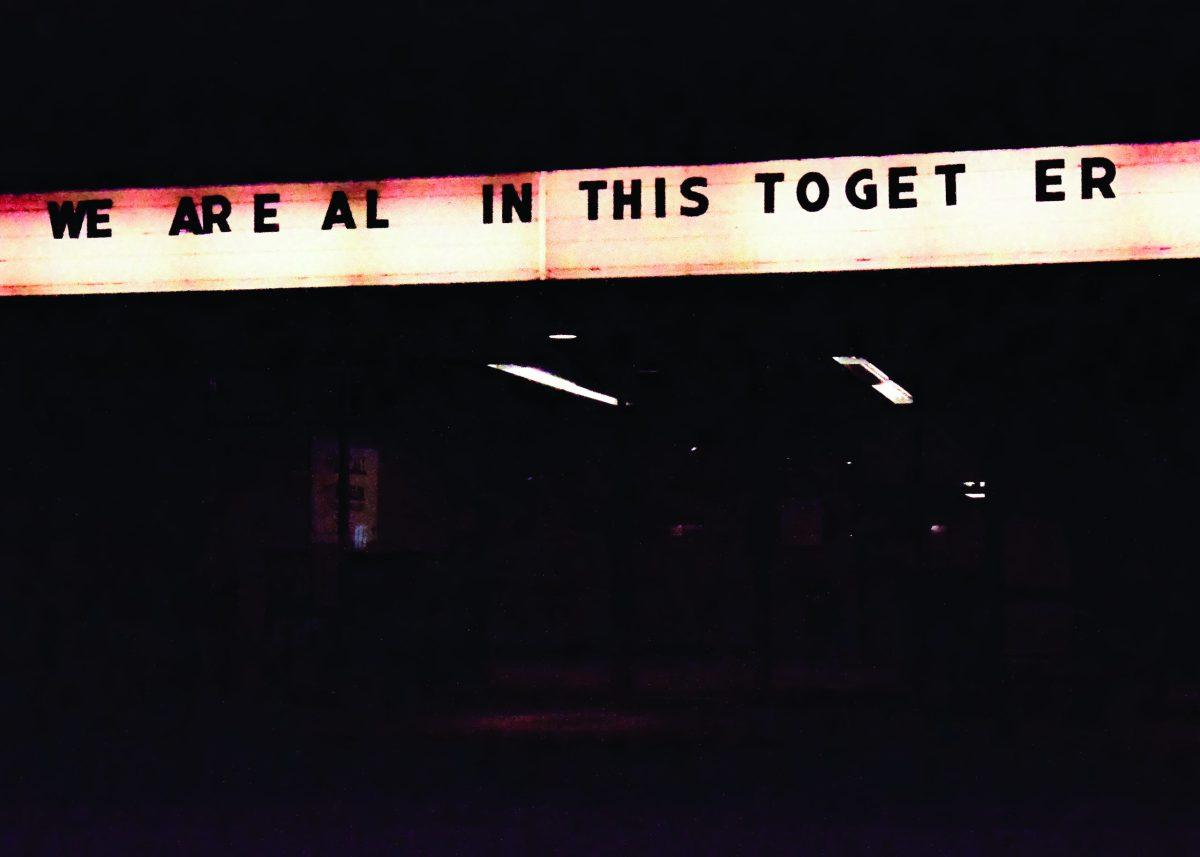Social distancing and quarantine are the new normal amid the COVID-19 pandemic, raising questions about the effects these measures have on mental health.
Danielle Green, director of the Drake University Student Counseling Center, said that she has seen coronavirus affect mental health issues in many ways.
“Yes, quarantining and social distancing has created some negative mental health aspects. We are so social by nature and thrive on routines and predictability, and COVID-19 has made both really challenging,” Green said. “I’ve heard some folks mention that they’ve enjoyed having less commitments and more time to do what they truly enjoy, which is great. But I think overall the last six months have been very challenging.”
Green said some groups are more prone to these changes in mental health than others.
“I think the groups most impacted would be folks with limited social support who are even more disconnected, folks who have depression and anxiety, and folks who have experienced a lot of loss as a result of COVID-19,” Green said.
One of these people is senior Marie Nalan, who said the pandemic has negatively affected her anxiety.
“I have generalized anxiety, and I’ve felt myself spiraling a lot more,” Nalan said. “I typically cope by reminding myself that my worries are irrational. But with COVID-19, going back to school, working in a grocery store during a pandemic, and being constantly reminded of the racial injustices in our city, I can’t tell myself my fears are unwarranted. These are actual things that are terrifying, and the entire world is feeling this fear together. It’s really overwhelming.”
Though Green said students’ reports of changes in their mental health due to coronavirus were more prevalent at the beginning of the outbreak, students are still expressing concerns about returning to school this fall.
“I believe the majority of students I’ve seen at the counseling center have expressed changes in their mental health as a result of COVID. To be impacted by it is to be human,” Green said. “These were more present in the beginning of changes when folks felt really anxious, fearful, hopeless, angry and uncertain. It seemed like a lot of people started to adjust to these changes, and with school getting ready to start again, I’m hearing more students express concern about how campus will look different and being nervous about how their social life will be different.”
While Nalan said she does not experience much social isolation as she lives with friends, academic performance remains a concern for her as many classes remain online.
“I got the worst grades of my life last spring. My GPA plummeted. I tried so hard, but this is such a difficult time,” Nalan said. “I wish I wasn’t scared of going to classes this fall, but I am. I don’t know how I will perform academically. All I can do is try my best, so that’s my plan.”
Green says that Drake has been doing its best to weigh the psychological benefits of returning to school versus the physical implications of the coronavirus spread.
“I think you have to look at both the positives and negatives of returning and see where you can reduce risk and enhance support and services. I believe the university is working really hard to be mindful of both,” Green said.
Green and the counseling center staff have been working on ways to make mental health services available to students despite the required social distancing measures.
“At the counseling center, we’re moving the majority of our sessions to be virtual so that students can still have therapy, but reduce some of the physical risks of coming to a shared clinic with the student health center,” Green said. “We’re trying to talk with students a lot about how mental health may be impacted and that the counseling center is a resource. If a student needs to be seen in person during an emergency or crisis, we will take their temp and ask some screening questions before they come into the clinic. We will also be cleaning common surfaces consistently.”
The counseling center will be scheduling ‘walk-in’ appointments 24 hours in advance from Aug. 24 through Sept. 4 to ensure accessibility for all students. They must call the center to choose a time and then fill out an online form. Beginning Sept. 8, students will be able to schedule appointments more than 24 hours in advance, but virtual ‘walk-in’ appointments will still be available on Tuesdays and Thursdays from 9 to 3 p.m. for those who would like an appointment more immediately.
Green says students should seek help, especially if they are experiencing certain symptoms.
“If they’re worrying a lot more, feeling more hopeless, having a hard time adjusting, feeling overwhelmed constantly, thinking they can’t do this, being angry, in denial, having thoughts of self-harm or suicide and isolating more than necessary would all be warning signs,” Green said. “Reach out to me or the counseling center phone number and we’ll make sure you get a safe and supportive person to talk with. It’s also so important to talk with your friends about what you’re experiencing and not hold it all in or fake it.”
Green said she would like students to know that there is nothing wrong with asking for help, especially during such a tumultuous time.
“It’s okay to not be okay. Ask for help,” Green said. “I also think it’s important to live your life and find a safe normal. I see a lot of shaming going on about folks’ choices, and I think we all need to remember we’re doing the best we can and that can look different for folks. I also think it’s so important for folks to ask for help earlier rather than later. There’s no shame in asking for help.”







